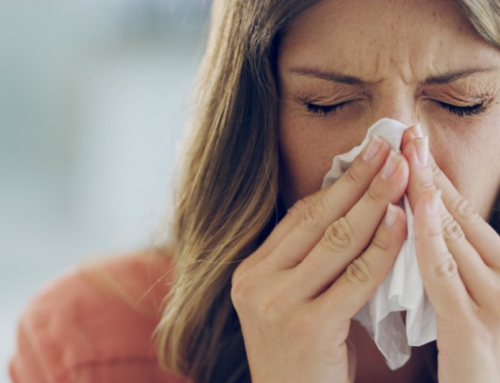HalkTV – April 11, 2021
President of the Allergy and Asthma Society Prof. Dr. Ahmet Akçay pointed out that those with allergies will be more likely to catch the coronavirus.
prof. Dr. Ahmet Akçay and Chest Diseases Specialist Prof. Dr. İbrahim Akkurt warns that spring allergy symptoms can be confused with coronavirus symptoms and cause concern. Pointing out that the symptoms of those with spring allergies and those with a positive coronavirus test are different from each other, Akçay said, “In a person with spring allergy, sneezing and itching of the nose are in the foreground. Allergic colds and coronavirus are more confused with each other because of the lower fever in young children. However, if consecutive sneezing and itchy nose in children are at the forefront, allergy should be brought to mind.” he said.
According to the news of Dilara Akçay from BirGün, Prof. Dr. Akçay explains that the coronavirus can meet people with allergies more easily with the following words:
An allergic person who is in contact with the coronavirus, which can be in many places such as mobile phone, door handle, stair railing; he will bring his hand to his eyes and nose more often. As a result, there will be a greater risk of contracting the coronavirus disease. At the same time, someone with coronavirus will also transmit more viruses due to frequent sneezing and excessive runny nose. As a result, the coronavirus can be transmitted more easily to allergy sufferers and can spread more around allergy sufferers. Therefore; It will be very beneficial for people with spring allergies not to be outdoors, to wash their hands more often, and to wipe their nose and eyes with the outside of their hands if possible.
Chest Diseases Specialist Prof. Dr. İbrahim Akkurt, on the other hand, pointed out that allergic people are more sensitive to the vaccine. Because something from outside enters. Those with an allergic background may be somewhat more sensitive to the Sinovac vaccine, which is widely administered in the community, but more sensitive to the BioNTech vaccine.” Akkurt continues:
Those who are prone or allergic to allergies should definitely tell their healthcare professionals before getting vaccinated. In particular, anaphylaxis, which is the most serious allergic reaction, can result in death. Since it will cause sudden cardiac and respiratory arrest, centers where emergency intervention will be performed should be selected. Therefore, in such cases, the vaccine should be administered in hospitals, not family health centers. Fully equipped hospitals where emergency service can be provided should be preferred.






